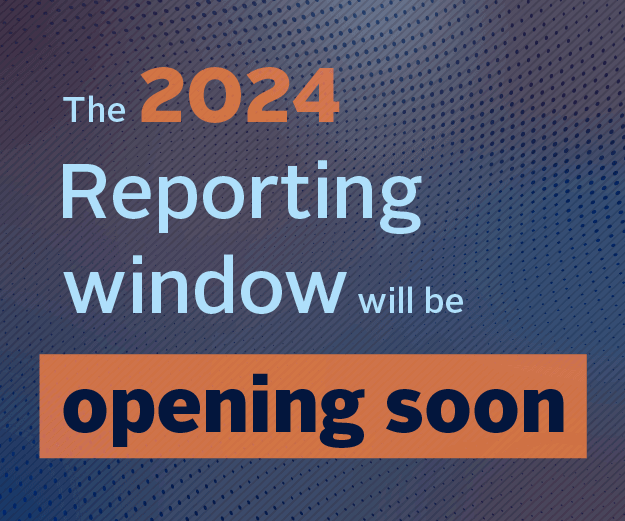The European Commission today launched a public consultation on investor duties (sometimes referred to as fiduciary duties) and sustainability.
Clarifying these duties could help institutional investors and asset managers allocate capital more efficiently by taking into account sustainability risks, rather than merely seeking to maximise short-term financial returns.
Today’s consultation follows up on one of the eight early recommendations delivered by the High-Level Expert Group on Sustainable Finance (HLEG) in its interim report of July 2017. (The PRI is an observer to the HLEG and has contributed evidence and analysis on investor duties, building on our extensive work on this topic).
It forms part of the commission’s efforts to mobilise private capital towards green and sustainable investments to enable the transition to a low-carbon economy and shows the EU’s strong commitment to mitigate risks posed by climate change and environmental challenges.
The consultation seeks evidence on:
- · How clarifications or amendments to investor duties can contribute to more efficient allocation of capital and to more sustainable and inclusive growth.
- · How to ensure that end investors and beneficiaries have the right information to help them make sustainable choices.
- · Evidence from leading responsible investors on their strategies for considering environmental, social and governance (ESG) issues.
Building a more sustainable financial system has been a priority of the EU, which this consultation underscores. It also outlines the EU’s commitment to the Paris Climate Agreement and the UN 2030 Agenda for Sustainable Development. As announced in its 2018 Work Programme, the commission will adopt an Action Plan on sustainable finance in the first quarter of 2018. The public consultation is open until 22 January 2018 and is available here.
Commenting on the commission’s proposal, the PRI’s Managing Director, Fiona Reynolds, said:
“Leading investors know that ESG issues are fundamental to fulfilling their duties, but the law is lagging behind. We need a level playing field for all investors. I congratulate the European Commission for recognising this issue and kicking off this consultation, and I look forward to working with our signatories across the EU to provide evidence”
PRI signatories who are members of the HLEG had this to say about the consultation:
“We encourage and support EU Commission’s initiative to launch an evidence gathering related to fiduciary/investor duties and investment processes. Clarification and enhancement of fiduciary/investor duties integrated in market participants’ investment processes has the potential of transforming in a meaningful manner the European financial markets to sustainable European financial markets. This was also one of the early recommendations set forth in the HLEG’s Interim Report from July earlier this year.”
Magnus Billing, CEO of Alecta and member of HLEG
“Investor’s duties are a major lever to firmly anchor sustainability considerations in the awareness of the financial sector as well as in the conduct and behaviour of decision-makers and regulators. Implementing investor duty principles is not a box-ticking exercise but assuming responsibility in a broader sense. It means to enhance the “magical triangle” of investing (return, security, liquidity) by adding sustainability as a fourth dimension.”
Michael Schmidt, Member of the Executive Board, Managing Director, Deka Investment GmbH
“As a long-term responsible investor, APG welcomes the consultation on Investor Duties regarding sustainability launched today by the European Commission in connection with the work of the EU High Level Expert Group on Sustainable Finance. We invest on behalf of Dutch pension funds who consider it part of their Fiduciary Duty to take sustainability and governance factors into account, and reflect this in their investment beliefs and strategy. This contributes to risk adjusted returns and aligns with beneficiaries’ preferences. In our view sustainability is part of investor duties since it is connected to long term investment risks, and taking these risks more systematically account will contribute to the robustness of financial markets.”
Claudia Kruse, Managing Director Global Responsible Investment & Governance
“The commission is right to issue this consultation today. It is time to change the financial services industry’s assumption that individual investors don’t have values unless they voice them. This assumption has often led to an approach to investment that despoils the planet and exploits our fellow human beings. This ultimately hurts financial returns and harms economic growth. We recommend an Omnibus Directive setting out how all institutional investment intermediaries have duties to consider ESG issues throughout the work they do - and to seek informed consent from their clients to the strategy that they adopt in this area.”
Dr Steve Waygood, Chief Responsible Investment Officer, Aviva Investors
Why this is so important for signatories
Background
The misinterpretation of investor duties, sometimes referred to as fiduciary duties, was identified by PRI signatories as the number one barrier to ESG incorporation at the PRI’s 2014 conference.
In 2015, based on in-depth assessment in eight countries (US, Canada, Germany, UK, Japan, Australia, South Africa and Brazil), the PRI, with the UN Environment Programme Finance Initiative, published Fiduciary duty in the 21st century. The report concluded that “Failing to consider long-term investment value drivers, which include ESG issues, in investment practice is a failure of fiduciary duty”. It also acknowledged that despite significant progress, many investors have yet to fully integrate ESG issues into their investment decision-making processes.
The report has since been developed into eight “fiduciary duty” roadmaps, based on interviews with investors, lawyers and policy makers. The roadmaps identify growing policy action on ESG factors. For example, some countries require institutional investors to adopt and publish policies on ESG factors and to report on the implementation of these policies. Many have also introduced mandatory reporting requirements for companies, significantly improving the quantity and quality of information that is available to investors. Despite this, most countries remain hesitant to take action in this area. This lack of regulatory action has been interpreted by many investors as a signal that ESG factors are not important to investment performance.
Why the PRI supports this consultation
This consultation is an important step towards EU-wide clarification of investor duties. Action at EU level will provide consistency across EU member states by clarifying that duties require investors to consider financially material ESG factors in their investment decision making.
Next steps
The PRI will be providing supporting evidence through its annual reporting and assessment data, interviews and legal analysis collected through the Fiduciary Duty in the 21st Century project, and feedback from signatories. To discuss the PRI’s consultation response, please contact Will Martindale, head of policy.
The PRI also encourages signatories to submit their own consultation response.













